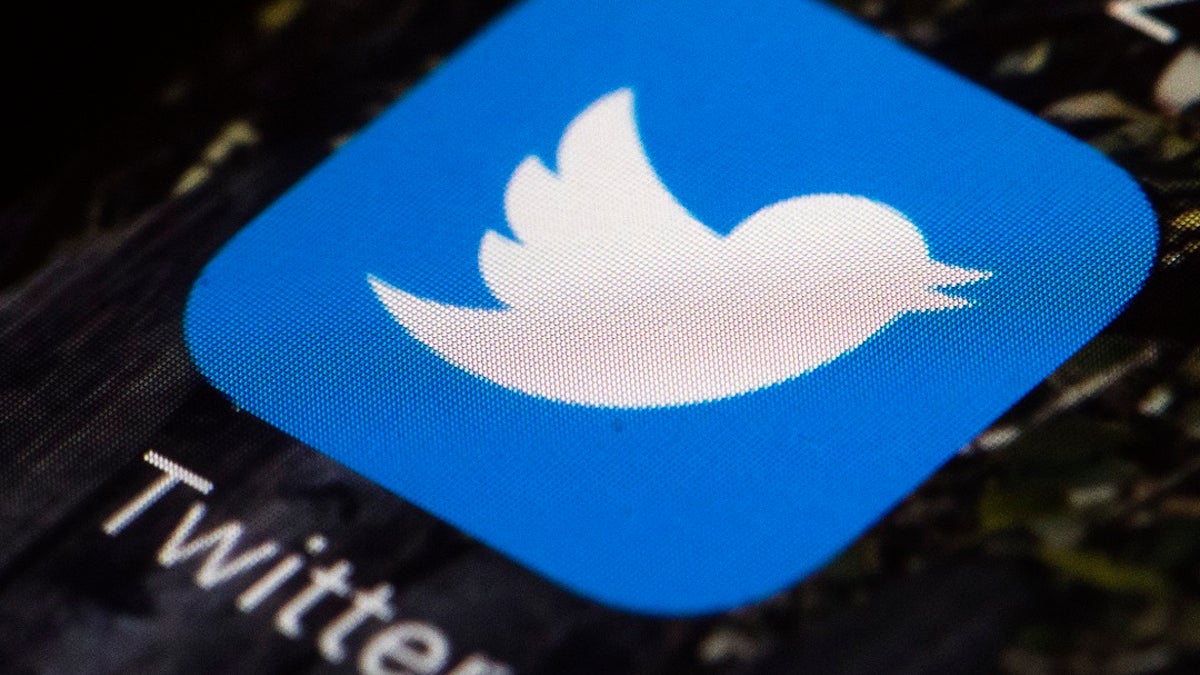Twitter Files prove government was 'in the censorship business in a huge way': Matt Taibbi
'Griftopia' author Matt Taibbi sounds off on 'Tucker Carlson Tonight' on what he's learned through releasing Elon Musk's Twitter Files.
Journalist Matt Taibbi unveiled part 14 of the Twitter Files on Thursday, diving into the "Russiagate lies" and how he says a "fake tale of Russian bots" helped Democrats denounce the famous Devin Nunes report about flaws in the Trump-Russia investigation.
Emails and memos show that high-powered Democrats peddled a narrative of Russian bots despite being told directly by Twitter that there wasn't a connection to the Kremlin.
The lengthy Twitter thread began with Taibbi noting that "at a crucial moment in a years-long furor, Democrats denounced a report about flaws in the Trump-Russia investigation, saying it was boosted by Russian 'bots' and 'trolls.'"
TWITTER FILES: REP. ADAM SCHIFF'S OFFICE REQUESTED TECH GIANT TO SUSPEND ACCOUNTS
He then indicated "Twitter officials were aghast, finding no evidence of Russian influence," and shared an email in which Twitter executives appeared to inform Rep. Adam Schiff, D-Calif., and Sen. Dianne Feinstein, D-Calif., that the social media platform "has not identified any significant activity connected to Russia with respect to Tweets posting original content to this [#ReleaseTheMemo] hashtag."

Journalist Matt Taibbi unveiled part 14 of the "Twitter Files" on Thursday. (AP Photo/Matt Rourke, File)
Elon Musk has been vocal about being transparent when it comes to Twitter's past and present actions curating content on the platform, including censored content. The Twitter owner has enlisted independent journalists to slowly release evidence of these actions in a series dubbed the "Twitter Files" that continue to expose once-secret communications.
"Twitter warned politicians and media they not only lacked evidence, but had evidence the accounts weren’t Russian – and were roundly ignored," Taibbi wrote. "On January 18th, 2018, Republican Devin Nunes submitted a classified memo to the House Intel Committee detailing abuses by the FBI in obtaining FISA surveillance authority against Trump-connected figures, including the crucial role played by the infamous 'Steele Dossier.'"
"The Nunes assertions would virtually all be verified in a report by Justice Department Inspector General Michael Horowitz in December 2019," Taibbi continued. "Nonetheless, national media in January and early February of 2018 denounced the Nunes report in oddly identical language, calling it a 'joke.'"
Taibbi pointed out that on Jan. 23, 2018, Feinstein and Schiff "published an open letter saying the hashtag ‘gained the immediate attention and assistance of social media accounts linked to Russian influence operations.’"
"Connecticut Senator Richard Blumenthal followed suit, publishing a letter saying, ‘We find it reprehensible that Russian agents have so eagerly manipulated innocent Americans,’" Taibbi wrote.
"Feinstein, Schiff, Blumenthal, and media members all pointed to the same source: the Hamilton 68 dashboard created by former FBI counterintelligence official Clint Watts, under the auspices of the Alliance for Securing Democracy (ASD)," Taibbi noted; Watts is an MSNBC contributor. But Twitter officials found no authentic Russian connection to the #ReleaseTheMemo hashtag and informed Democrats as such.
"Inside Twitter, executives panned Watts, Hamilton 68, and the Alliance for Securing Democracy. Two key complaints: Hamilton 68 seemed to be everyone’s only source, and no one was checking with Twitter," Taibbi wrote.
He then noted that then-Twitter exec Emily Horne wrote, "I encourage you to be skeptical of Hamilton 68’s take on this, which as far as I can tell is the only source for these stories… it’s a comms play for ASD."
Then-Trust and Safety chief Yoel Roth also warned "all the swirl is based on Hamilton," and other Twitter execs echoed that notion.
Twitter staffers tried to stop Blumenthal from releasing his letter, to no avail.
"Execs eventually grew frustrated over what they saw as a circular process – presented with claims of Russian activity, even when denied, led to more claims," Taibbi wrote. "They expressed this explicitly to Blumenthal’s camp, saying ‘Twitter spent a lot of resources’ on this request and the reward from Blumenthal shouldn’t be round after round of requests."
"Despite universal internal conviction that there were no Russians in the story, Twitter went on to follow a slavish pattern of not challenging Russia claims on the record," Taibbi wrote. "As a result, reporters from the AP to Politico to NBC to Rolling Stone continued to hammer the ‘Russian bots’ theme, despite a total lack of evidence."
Taibbi then shared a series of headlines in which media outlets pushed the Russian bots narrative.
Twitter also discovered no Kremlin source for other hashtags that mainstream and liberal media outlets blamed on sinister Russian activity.
"NBC, Politico, AP, Times, Business Insider, and other media outlets who played up the ‘Russian bots’ story – even Rolling Stone – all declined to comment for this story," Taibbi wrote.
But media organizations aren't the only ones refusing to speak with Taibbi.
TWITTER TAKEOVER OF 2022: ELON MUSK'S WILD RIDE SINCE BUYING THE SOCIAL MEDIA GIANT
"The staffs of Feinstein, Schiff, and Blumenthal also declined comment," Taibbi wrote.
Asked for comment, Nunes told Taibbi that the "Russia collusion hoax" was one of the "greatest outbreaks of mass delusion in U.S. history."
"The Russiagate scandal was built on the craven dishonesty of politicians and reporters, who for years ignored the absence of data to fictional scare headlines," Taibbi wrote. "Twitter had no editorial input on this story. Searches were carried out by third parties, so the documents could be limited."
This marked the 14th installment of the Twitter Files, which began going viral last month shared by prominent independent journalists including Taibbi, Bari Weiss, Michael Shallenberger, Lee Fang and David Zweig.
Previous Twitter Files have covered a wide range of topics, including the company's suppression of the Hunter Biden laptop story during the 2020 presidential election; the internal pressure it faces to permanently ban former President Donald Trump; efforts by the White House and government officials to suppress content; and the existence of shadow-banning of prominent conservatives.
Fox News’ Joseph A. Wulfsohn and David Rutz contributed to this report.










































